Sidebar
Seminar SIT55/ASER -- November 6th, 2012, 14h00, Salle Master
Control and estimation for decentralized multi-robot systems
by Antonio FRANCHI, MPI for biological Cybernetics, Dept. Bülthoff, Human Perception, Cognition and Action, Germany
Abstract
This talk will give an overview of some theoretical and experimental results in the multi-robot field, with a special regard to the multi-UAV case.
The major strengths of a multi-robot system are both the resilience to single point failures and the possibility of parallelizing the execution of a given task. These properties can be fully exploited in coverage-like tasks, e.g., exploration, pursuit-evasion (a.k.a. “clearing”), and periodical monitoring (a.k.a. “patrolling”). These tasks, in turn, contain several control and estimation subproblems, e.g., how to:
- keep a certain optimal arrangement by using an appropriate formation controller, that should be decentralized and using of cheap and lightweight sensors;
- keep some topological properties of the interaction, like the connectivity and the rigidity of the group, while still allowing for a flexible behavior of the robots, i.e., a time-varying topology, and decentralization;
- mutually localize the robots in order to allow a proper fusion of the information gained by every single robot. The common and particularly challenging situation where the robot-to-robot sensor is anonymous, i.e., it does not retrieve the identity of the detected robot, will be considered;
- allow the presence of one or more human co-operators in order to cope with particularly challenging tasks, where cognitive capabilities are required, e.g., in search and rescue operations. A relevant problem in this shared control case is how to balance the robot autonomy with the human assistance.
- cope with the uncertainty in the robotic system and in the interacting environment in order to effectively employ actual multi-robot systems in the real-world scenarios.
Bio
Antonio Franchi received the Laurea degree “summa cum laude” in Electronic Engineering in 2005 and the Ph.D. degree in control and system theory in 2009, both from University of Rome La Sapienza, Italy.
He is a senior research scientist with the Max Planck Institute for Biological Cybernetics since 2010. Starting from 2013 he will be the head of the Human-robot Interaction Group in the same institute. He was a visiting student at University of California at Santa Barbara in 2009. His main research interests include autonomous systems and robotics, with a special regard to planning, control, estimation, human–machine interaction, haptics, and robotics software architectures.
WebSites
http://antoniofranchi.com/robotics/
http://www.kyb.tuebingen.mpg.de/nc/employee/details/antonio.html




